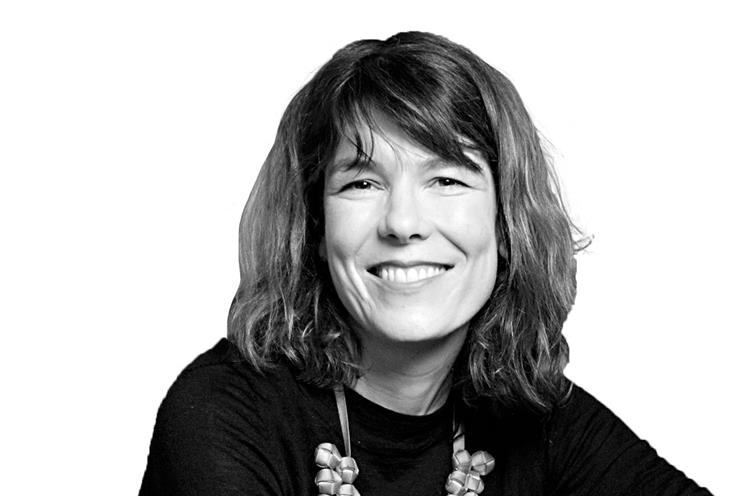For the past year, we’ve been rightly focused on one thing and one thing alone. Tackling coronavirus. Is it, however, time to pull focus? My grandfather was a professor of medicine and used to talk about the importance of diagnosing the underlying causes of a disease, rather than just treating the presenting symptoms. Finding out what’s causing the headaches rather than just giving people some aspirin.
For two decades now, evidence has been building of the link between how we encroach on the natural world and the risk of “zoonoses” – animal diseases that spill over into humans. As we disturb animal habitats, pandemics become more common. “Nature is unpredictable. We tend to get very narrow – you know, we’ve got to stop Sars-CoV-3,” says David Redding at the Zoological Society of London. “But actually, we’ve got to think broadly about how we interact with animals and how we disturb landscapes.”
At the peak of the pandemic everyone was talking about a great reset. But will this reset last as a global recession kicks in? For decades, Ipsos MORI has been asking the UK public: “How concerned, if at all, are you about climate change, sometimes referred to as ‘global warming’?” In 2005, 82% were concerned. But after the global financial crisis, that dropped to 71% in 2010 and bottomed out at 60% in 2013, only rising again to 85% in 2019. This time, however, it seems that our environmental concerns are holding high.
In advertising and design, we can speak to those environmental concerns. After a storm, nothing is the same. There are new opportunities. As said: "A kid in Minecraft can build a world and inhabit it through play. We have the possibility to build the world that we want to inhabit." While sustainability no longer has the whiff of sandal wearing, it still needs our help to fight against our apathy and autopilot choices.
Be funny, be seductive, be outrageous or outraged, but don’t be worthy. Just look at or . Our first piece of work for Ovo blasted through the cosy world of big energy, encouraging people to “Get mad” and switch to renewable energy, all accompanied by Slayer’s Raining Blood. We talk about encouraging people to do the right thing for the wrong reason. Appealing to the ego is often better than explaining the intricacies of sustainability. Tesla got that right.
Advertising doesn’t just have to encourage more consumption. We can also encourage less. Championing brands with less packaging or eating less meat or making second hand and sharing mainstream, with brands like Depop and Rent The Runway. Our friends at Allbirds publish the carbon count of their shoes, just like a calorie count. Wouldn’t it be great if that applied to all of our clothes?
The biggest brands can make the biggest difference. By 2019, while Allbirds had sold a million shoes, Adidas was on track to sell 11 million pairs of its ocean plastic trainers made in partnership with marine conservation charity Parlay. If our industry can encourage mainstream brands to grab the opportunities in sustainability, their scale can make all the difference. We can change what political scientists call – the range of stuff that seems normal. Making sure that every brief and every production considers sustainability. Changing the temperature on what’s cool, what’s normal, what’s desirable is our superpower. Let’s change the weather.
Lucy Jameson is founder at Uncommon Creative Studio


